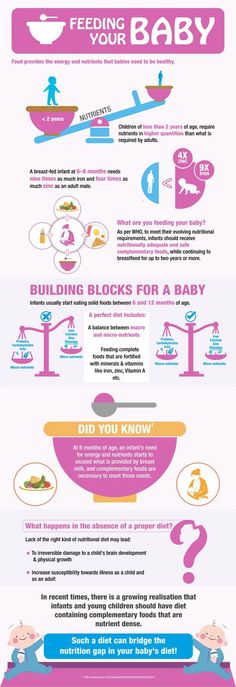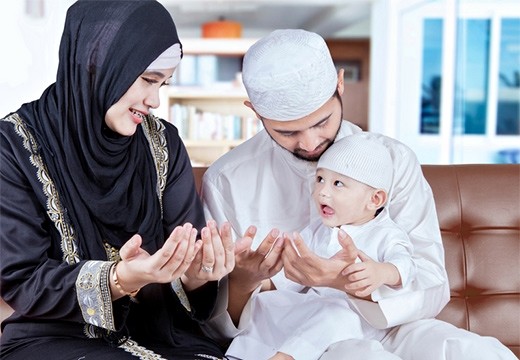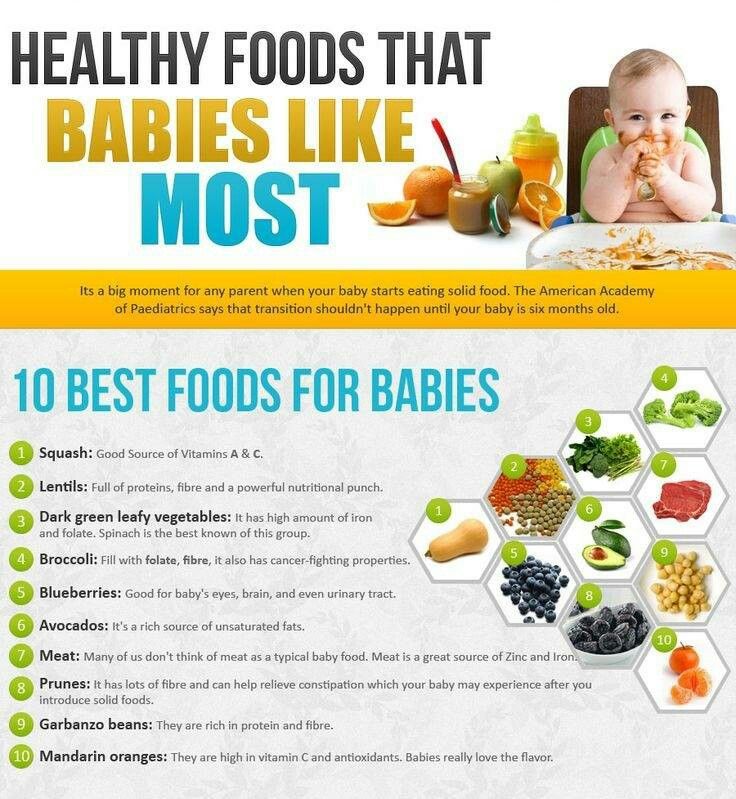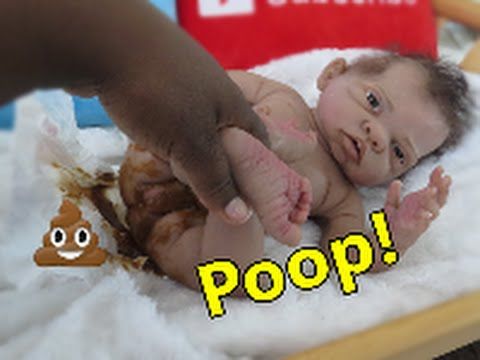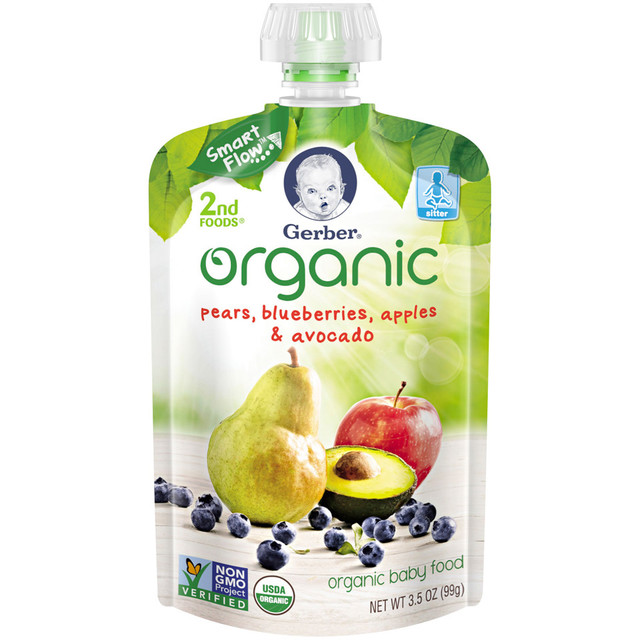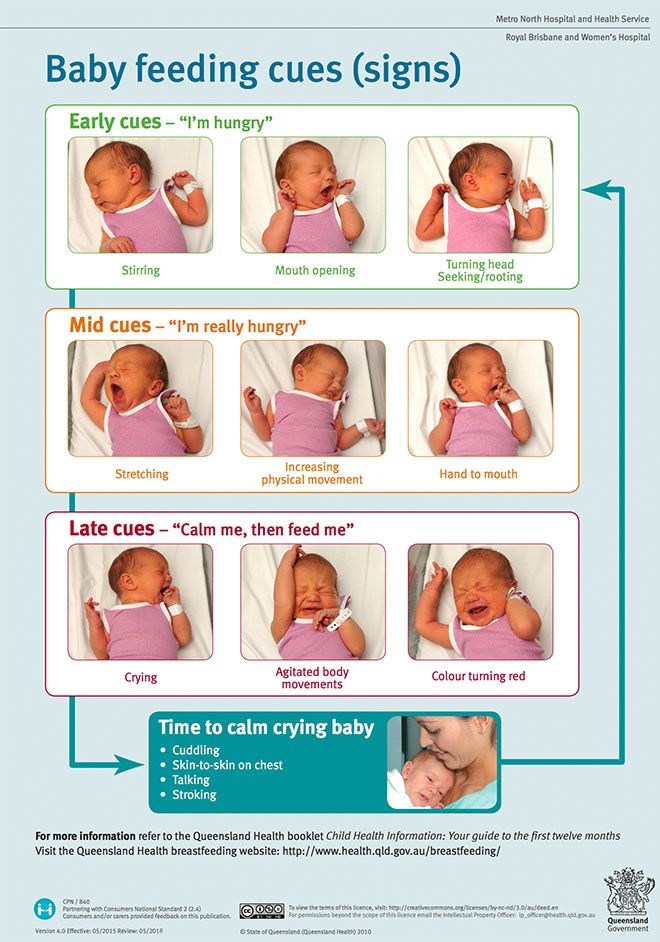Baby stretching while feeding
Baby Stretching & Crying - How to tell what's "normal" and what's not
"Problem" Baby Stretching
Now I deliberately didn't call this non-normal stretching, because even when baby is obviously distressed when they stretch this is still normal, yes it tells you that there is a problem, but it's very important for you to remember that the 'problem' is often not serious and can be very easily helped.
You do not want to ignore a distressed baby when they strech and grunt goan or cry because baby is trying to communicate to you that something is making them unhappy. If they stay distressed for more than a few moments you may need to investigate further what is happening for your bub.
As well as being a Doctor and seeing this type of distress in babies on a daily basis in my clinic I also experienced this with our first child and there are few things more distressing for parents than an unhappy baby. I know I have been there!
So when I say it's often not serious I don't mean we shouldn't do something about it - but as a parent, especially if you are a new parent then you need to know that if baby is crying and distressed this is far less serious than when they are lethargic and silent, hot, not feeding or not having regular wet nappies. That's the real danger signs and that's when you need to get baby medical help as soon as possible.
When baby is crying and grunting and making lots of noise they are saying "Heh I've got a pain". But it's a good thing that they are healthy enough to say that and so please remember thats sign of health as we go through and discuss what problems they may have.
Digestive Problems that cause Baby to Stretch, Arch, Grunt & Cry
Now if you've ever overdone it on the food front then you'll know that you can get bad digestive pains, in fact you may even have done some groaning and grimacing but all of that passed after a few hours and it didn't indicate a major or long term problem.
Often that's what's going on for baby - but it's not that they have over indulged it's just that they're new and things are just getting going. So when they are stretching they are actually trying to help their stomach and their bowels digest and work through the food and get rid of trapped gas.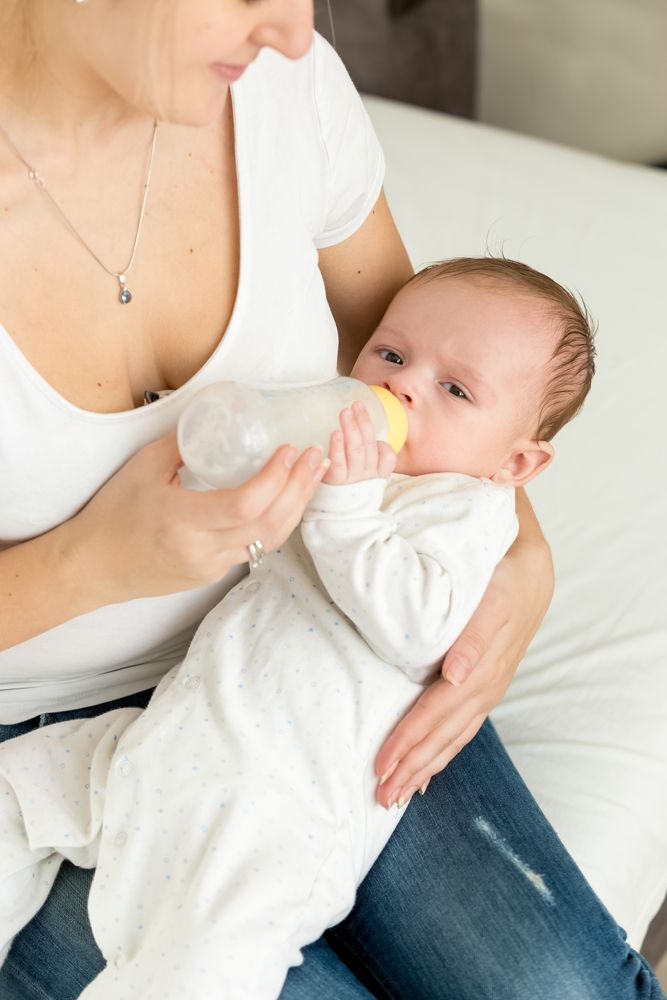 And that's crucial to remember so if baby is stretching we often want to help them stretch more. That's a really crucial point because "Baby Stretching" can become something that you do for your baby to help them overcome their pain and help with digestive problems.
And that's crucial to remember so if baby is stretching we often want to help them stretch more. That's a really crucial point because "Baby Stretching" can become something that you do for your baby to help them overcome their pain and help with digestive problems.
I use it a lot in clinic and I often show parents how to help their baby stretch out so they have a way of helping baby when they're at home and baby is having pain and digestive issues. Now that's awesome because there's nothing worse than having your baby in distress and not been able to to help them.
It also can be a double win because if you help baby stretch out it can prevent them getting a flat head or a flat spot on their head, As often baby's head shape can be good at birth but then they develop a flat spot or a flat head a few weeks or months later. This can be a real shock to parents unless you know the 4 reasons behind why baby's develop a flat head. But once you understand this it's then a simple thing to put a stretch routine in to prevent or fix head shape problems
So let's look at the baby signs that go with baby stretching and see what they mean.
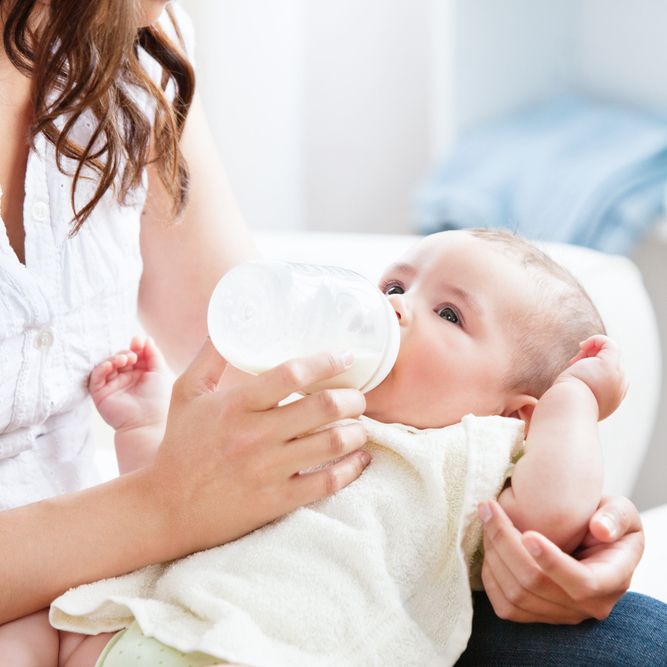
Baby Grunting and Stretching
This is nearly always digestive, and it can come with clenched fists and often the knees come up to the chest - it often means baby is trying to push wind or poo around the colon so they can get it out of their body. It usually doesn't last that long unless they can't get the poo or wind out and then it it can turn into groaning and crying. (see below)
Baby Stretching and Arching
Especially when baby is distressed this often can mean baby is having difficulties digesting their food, and the arching and stretching is an expression of this discomfort and it's also baby reacting to that to try to 'free' everything up. When I see these baby's in clinic I help them arch more and it often eases their distress,. If you want to try this remember that you need to support baby properly when you do this so refer to my videos in order to follow along and see what you should do. It can also mean they have colic or reflux (covered below).
Baby Groaning and Stops Stretching
Groaning is a longer more drawn out sound than grunting and grunting is louder.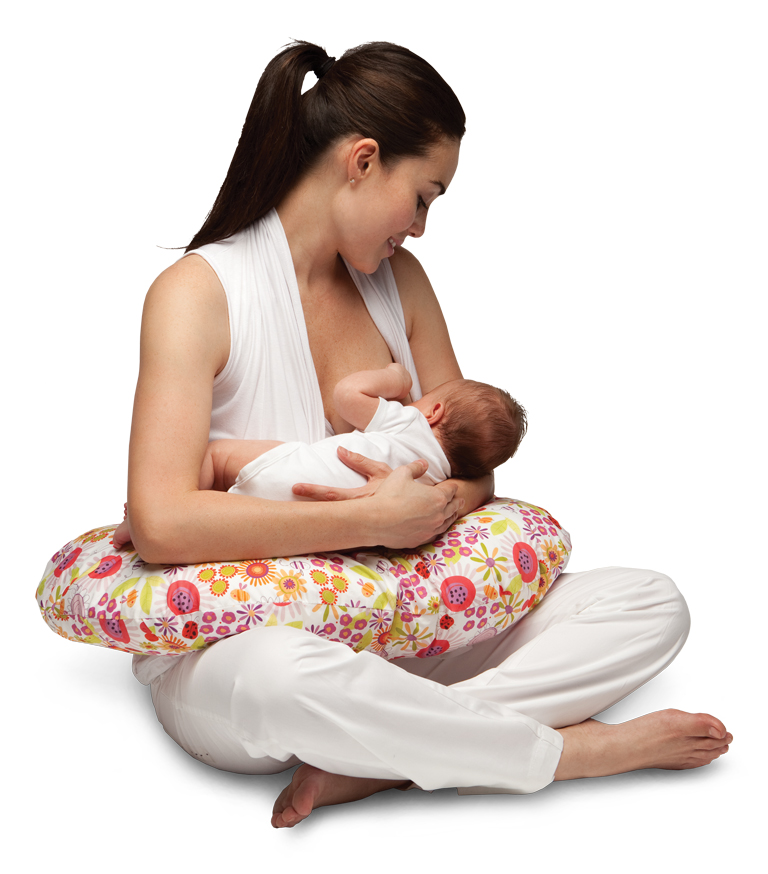 We spoke earlier about the grunts often being about baby shifting things that are stuck - groans are a bit less specific and it usually means baby has digestive pain. However it can mean that baby is sick and may even have a fever so do check for this. Groans often mean less stretching and arching as baby pulls into a foetal position with arms and legs tucked, although it can alternate from this to sudden screams and arching, which is usually colic or reflux.
We spoke earlier about the grunts often being about baby shifting things that are stuck - groans are a bit less specific and it usually means baby has digestive pain. However it can mean that baby is sick and may even have a fever so do check for this. Groans often mean less stretching and arching as baby pulls into a foetal position with arms and legs tucked, although it can alternate from this to sudden screams and arching, which is usually colic or reflux.
Reflux and Colic
This is a common cause of baby stretching and arching and crying and groaning and grunting, basically all of the signs we talked about above all mixed together to give a very distressed baby and a very distressed parent. It is a very big topic and there is a huge amount of advice on the internet, often conflicting advice which makes it hard for you to know where to start.
That's a real problem because as a parent you're short of time and short of sleep.
So for any of the above be it grunting, arching, reflux or colic I want to show you a short video that will hopefully make a diference for you and your baby, it shows you just one way to stretch out baby. There are lots and lots of these stretches, they can be extremely useful when helping baby, but it's also important that you see how to do them properly.
There are lots and lots of these stretches, they can be extremely useful when helping baby, but it's also important that you see how to do them properly.
There are other specific stretches for everything from baby's bottom (e.g.constipation) to the bits in between (e.g. reflux, colic,) right to their very top (e.g. flat head) if that interests you thand the bottom of the page will explain how to get to get more information on this.
Movement, Coordination, and Your 1- to 3-Month-Old (for Parents)
Reviewed by: Mary L. Gavin, MD
en español Movimiento, coordinación y su bebé de 1 a 3 meses de edad
The reflexes babies had just after birth start to disappear now as they gain more control over their movements and start to interact with caregivers and world around them.
What Can My Baby Do?Newborns struggle to lift their heads. But as neck and upper body strength improve, they'll be able to lift their heads while on their bellies and eventually prop themselves up on their arms. Once there, they’ll hold their heads up and look around.
Once there, they’ll hold their heads up and look around.
You also may notice your baby stretching and kicking the legs. This movement strengthens leg muscles, preparing your baby to roll over, which usually happens by 6 months of age. But be careful: Even very young babies can roll over on occasion, so it's important to never leave a baby unattended on a changing table, bed, or other high surface.
Infants grasp reflexively from birth, but during the first 3 months of life they'll begin to open and shut their hands and start moving their hands to their mouths. Your baby may be able to hold a rattle or a toy that is placed in the hand — and drop it when no longer interested in it.
Vision also starts to improve as your little one develops the ability to follow a moving object with their eyes. Then watch as your baby tries to use their arms to swing at toys.
How Can I Encourage My Baby?Infants need to practice their skills. While babies should never sleep on their stomachs, give your child supervised tummy time during waking hours. This lets your little one practice lifting their head and strengthening the neck, arm, and shoulder muscles.
This lets your little one practice lifting their head and strengthening the neck, arm, and shoulder muscles.
Your baby may get fussy and frustrated in this position, so keep the first tummy time sessions brief and gradually lengthen them. Always stay with your baby during tummy time.
Encourage hand–eye coordination by letting your baby reach for favorite toys while sitting on your lap or by placing them under an infant gym to bat at toys.
When Should I Call the Doctor?Normal child development tends to follow a certain pattern. The skills that babies develop early serve as building blocks for future skills. Still, the time it takes to develop these skills can vary widely among babies.
Let your doctor know if by your baby isn't doing the following:
By 2 months:
- hold their head up while lying on the tummy
- open their hands
By 4 months:
- grasp or hold objects put in their hands
- keep their head steady while being held
- lift the head and pushing up onto elbows/forearms during tummy time
Not reaching individual milestones doesn't always mean there is a problem.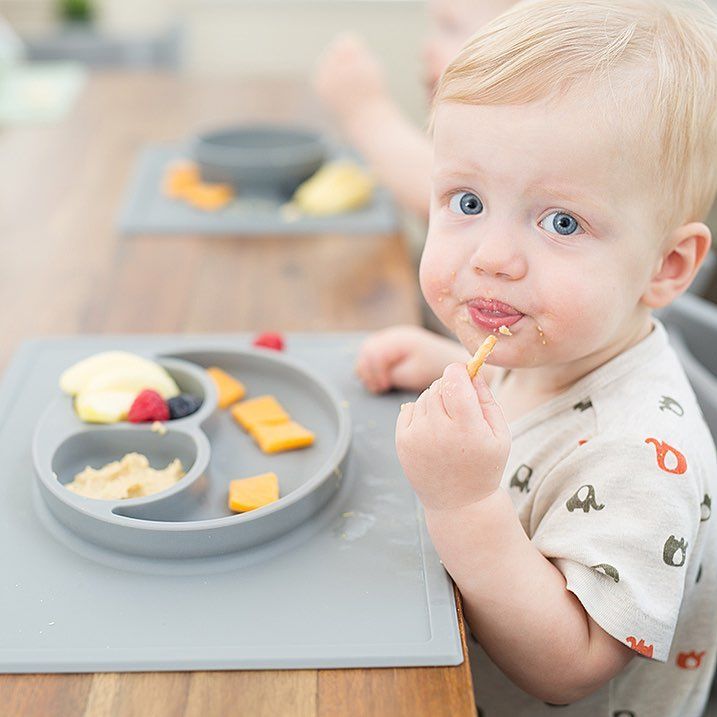 But talk to your doctor if you have questions or concerns about your baby's development.
But talk to your doctor if you have questions or concerns about your baby's development.
Reviewed by: Mary L. Gavin, MD
Date reviewed: May 2022
Newborn sleep
Newborn sleep is the most exciting topic that haunts young parents. Why does he have such a hard time sleeping? Why does he often wake up at night to feed? Why is he sleeping so restlessly? As part of our article, we will answer these questions, as well as consider the existing violations of children's sleep.
When there is nothing to worry about
Let's look at a few cases in which you can be sure that your baby is growing in perfect health.
Newborn cries and groans in sleep
Why does a newborn cry or groan in sleep? Does he feel any discomfort, is he in pain? Young parents do not know what to do in such a situation and anxiously rush to see a doctor. We hasten to reassure you. Everything is fine.
Crying or groaning in sleep is normal.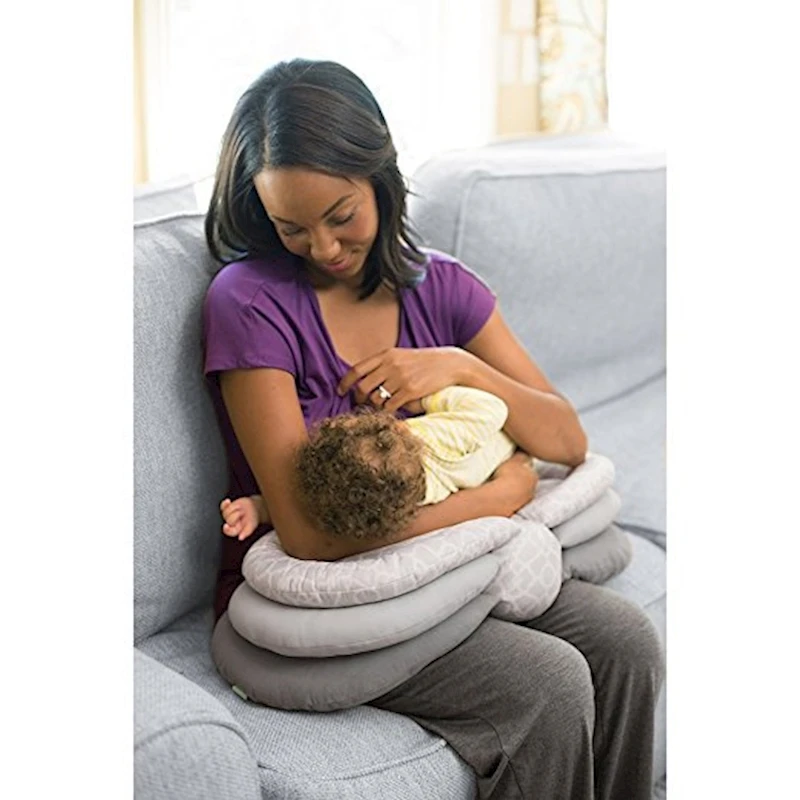 Studies show that a similar reaction occurs due to dreams. In addition, babies in this way check the presence of parents nearby, instinctively looking for your protection and support. And if he doesn't find her, he starts to cry for real. Of course, this requires your intervention.
Studies show that a similar reaction occurs due to dreams. In addition, babies in this way check the presence of parents nearby, instinctively looking for your protection and support. And if he doesn't find her, he starts to cry for real. Of course, this requires your intervention.
However, you should not react with excitement every time a newborn starts in his sleep. If you do everything right, then over time the child will learn to calm down on his own. Otherwise, he will require excessive care with age. The skill of self-soothing is developed in children during the first year of life. And it is your duty to contribute to this.
The child often wakes up at night
Another issue that worries parents is the regular awakening of the child. This is also normal. Awakening occurs due to the high frequency of sleep cycles. In infants, they occur more often than once an hour. Older children wake up less frequently and tend to fall asleep immediately. However, with the inability to calm down as a result of excessive attention from the parental side, sleep disturbances occur.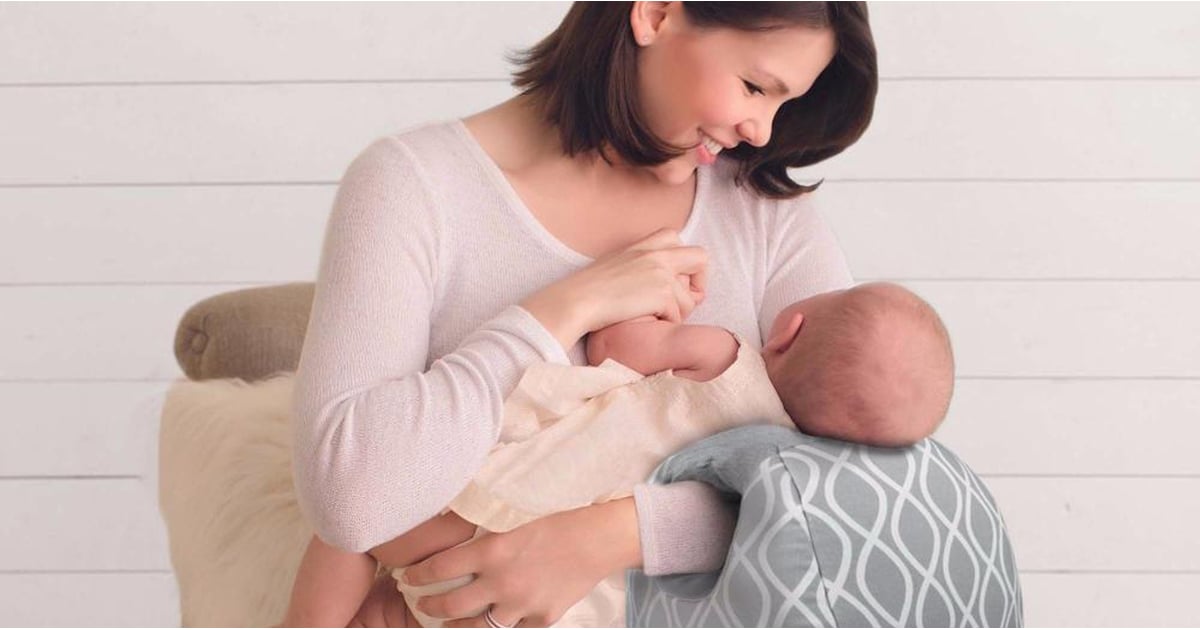
A newborn starts in his sleep
Why does a newborn start in his sleep? - no less relevant for young parents question. This occurs during sleep cycle changes due to the immaturity of the central nervous system. And, of course, this is not a cause for concern. It goes away with age.
When to seek help
Now let's look at the cases in which your child needs specialist help. The most common insomnia is difficulty falling asleep, as well as regular awakenings. There are the following causes of insomnia in children:
- Secondary - occur as a result of any disease. For example, insomnia in children can occur due to fever or abdominal pain.
- Primary - not associated with any disease. The main cause of insomnia in children in this case is the behavior of the parents or the child during the time associated with sleep.
Secondary causes of insomnia in children are treated by treating the disease that causes it.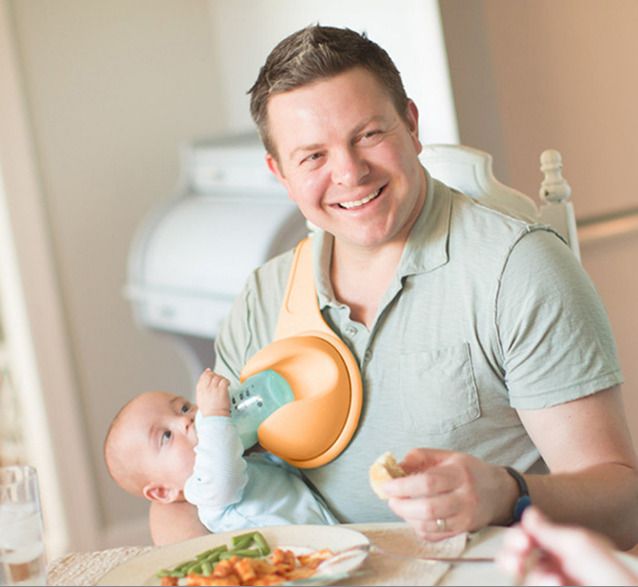 Primary - by adjusting behavior patterns during the period of falling asleep. Let's see how to do it.
Primary - by adjusting behavior patterns during the period of falling asleep. Let's see how to do it.
Behavioral insomnia
Irregular behavioral patterns when falling asleep include:
- falling asleep in parents' bed or in arms;
- with finger in mouth;
- during a meal with a bottle in the mouth.
Most parents will ask, "What's wrong with that?" Everything is very simple. If the baby wakes up and does not find nearby what made him fall asleep, he will begin to demand it. To eliminate insomnia in children, it is necessary to observe the correct behavioral patterns before going to bed. What are they?
It is necessary to follow a certain algorithm for preparing for sleep every day. Everything is simple here. Bathing, eating, short-term stay at the crib and leaving the child alone with him. Teaching a baby to this sequence is the key to a comfortable sleep. Both for himself and for his parents.
The “subject mediator” will help develop the described behavioral model in the child.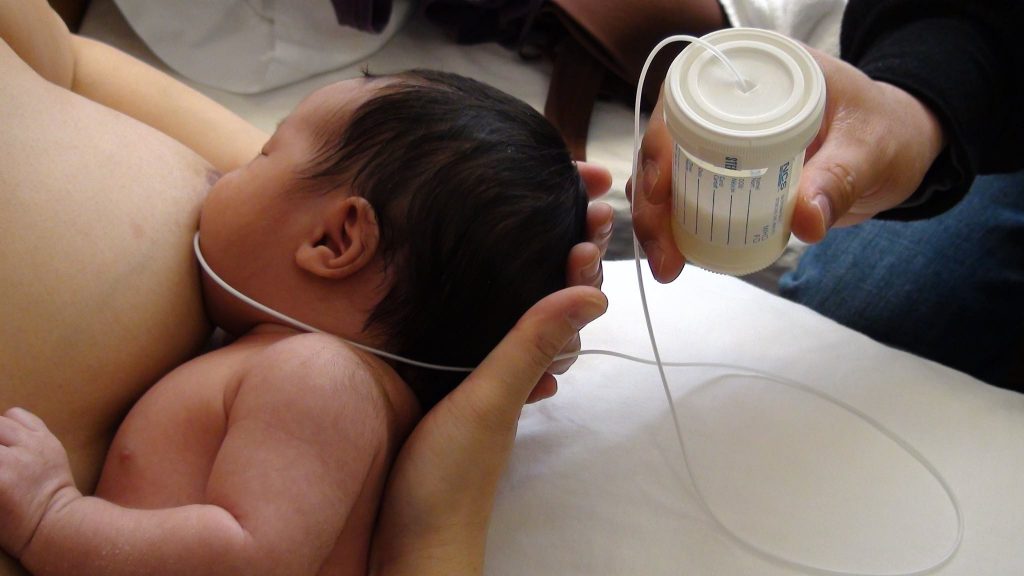 This is a certain item that is next to the baby during sleep. For babies, this is, for example, a diaper that keeps the mother's smell, and for those who are older - a favorite toy. All this gives children a sense of comfort and suppresses the excitement during awakenings, and also allows you to feel your closeness.
This is a certain item that is next to the baby during sleep. For babies, this is, for example, a diaper that keeps the mother's smell, and for those who are older - a favorite toy. All this gives children a sense of comfort and suppresses the excitement during awakenings, and also allows you to feel your closeness.
What if the child does not want to adopt a certain sleep pattern? Every now and then he goes to the toilet, asks for water, or even comes to bed with his parents. In no case do not put pressure on the child. This will only make the situation worse.
It is necessary to subtly persuade the child to adhere to the regimen. This will set the baby's brain for sleep and prepare him for parting with you. So, for example, you can strictly determine the number of fairy tales that you read before going to bed.
Eating disorders
Another cause of insomnia in children is the absence of a fixed meal schedule. Many parents feed the child haphazardly - whenever he begins to express dissatisfaction.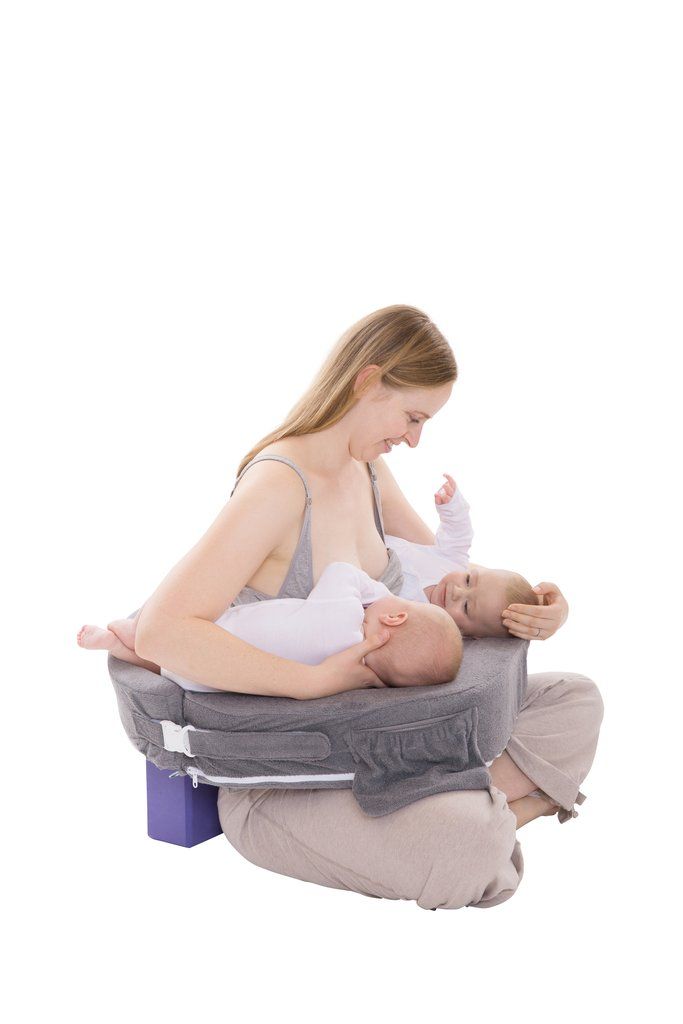 Feeding in the evening should occur clearly before bedtime. This will develop a certain reflex in the child.
Feeding in the evening should occur clearly before bedtime. This will develop a certain reflex in the child.
In addition, there are other ways to treat insomnia in children.
Treatment of insomnia in children
What you can do:
- Establish a clear daily routine and meal schedule for your child so that he naturally falls asleep at a certain time.
- Only use the baby's crib for sleeping - do not play or eat in it.
- The use of special drugs that improve sleep is not recommended. They can be used occasionally to adjust the regimen. And then strictly individually, after consultation with a doctor.
In case of secondary causes of insomnia, the treatment is to eliminate the pathology that caused insomnia. For this, you need to contact your pediatrician. During treatment, he will prescribe sedatives. However, at the same time, one should not forget about the daily routine, diet and behavioral therapy.
If you are unable to make your child follow the routine on your own, contact the Seven Doctors multifunctional health clinic in St.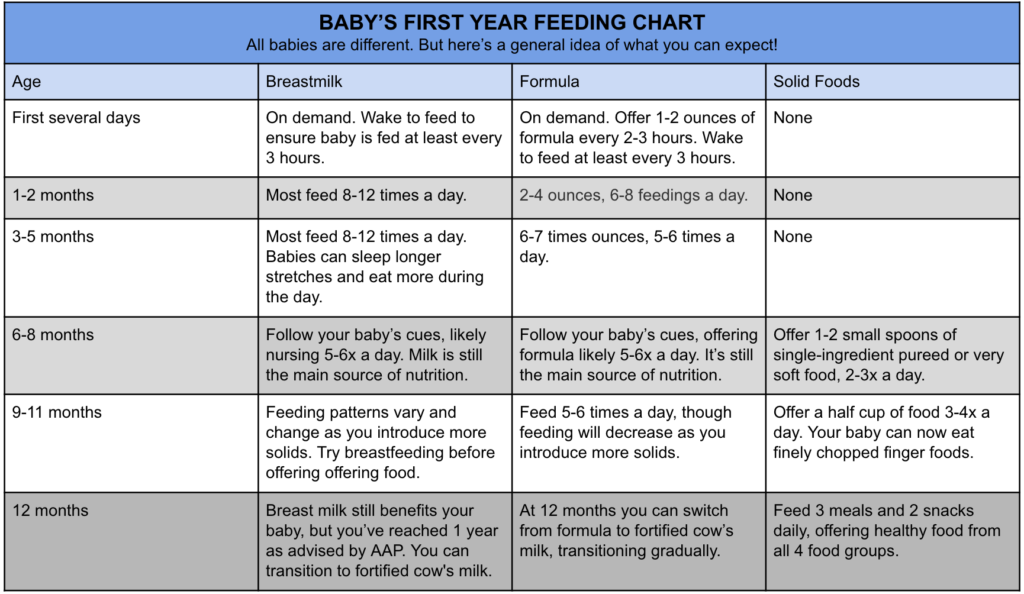 Petersburg. To make an appointment, please call 8(812)677-0-777. A professional sleep specialist will advise you on all your questions and select the most convenient time for your visit.
Petersburg. To make an appointment, please call 8(812)677-0-777. A professional sleep specialist will advise you on all your questions and select the most convenient time for your visit.
See also:
- Abdominal ultrasound
- Cost of physiotherapy
- Sleep Treatment Clinic
- Prices for Spirometry
why it happens and what parents should do
For people who have no parenting experience or education in pediatrics, babies are like space aliens. They look like adults, but they are different. And they make strange sounds. Some may be surprised even when the baby groans.
This is actually one of his ways of communicating. Up to two months, the child adapts to a new world for himself. And what he is not yet able to express in words, he demonstrates by behavior: groans, twitches his arms and legs, pushes, frowns. Grunting can be a sign of character building or active development in a child.
An infant can make such sounds out of pleasure (for example, during feeding), or when something is given to him with effort (for example, raise his head while lying on his stomach, go big).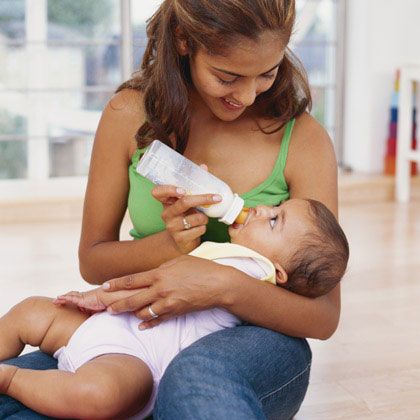 If the baby grunts a lot and often, and his facial expressions indicate that these sounds are not caused by the most pleasant emotions, you should consult a pediatrician (1).
If the baby grunts a lot and often, and his facial expressions indicate that these sounds are not caused by the most pleasant emotions, you should consult a pediatrician (1).
Foreign doctors have a term grunting baby syndrome - "grunting baby syndrome". We call it infantile dyschezia, and it is associated with difficulty in emptying the intestines (2). This is just one of the reasons why a child may grunt. And he may have different reasons to communicate something to the world of adults in this way.
Why does a newborn baby grunt
— If the baby only grunts, breathes normally, eats and sleeps, gains weight and height, then this is normal. So he can simply communicate with his parents or, for example, tell them that he wants to go to the toilet or that a small fold on his clothes interferes with him, - explains pediatrician, neonatologist, anesthetist-resuscitator, blogger, author and expert of the first aid course children Aelita Biryukova .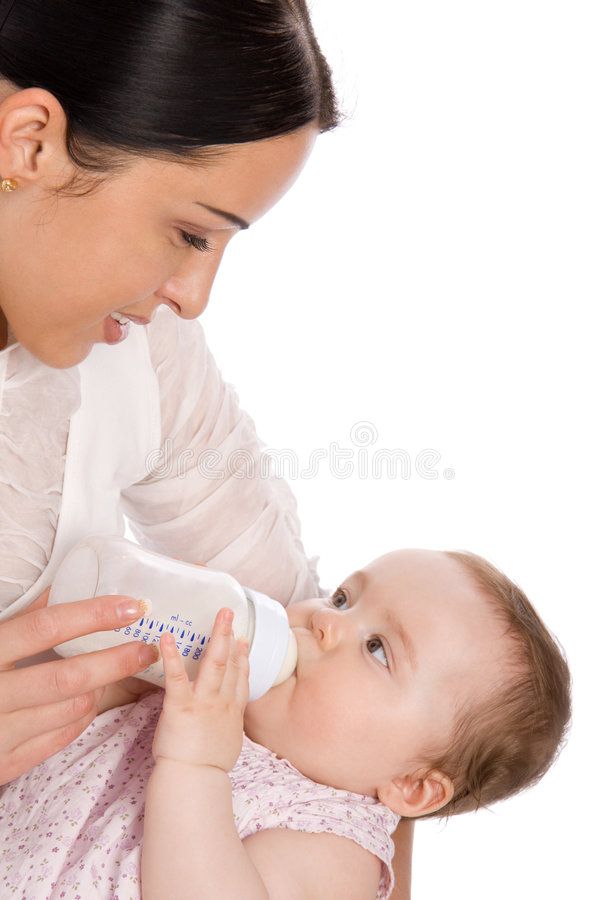 - If parents have good contact with the child, they will always understand exactly how he groans when he wants to eat, and how he groans when, for example, he peed.
- If parents have good contact with the child, they will always understand exactly how he groans when he wants to eat, and how he groans when, for example, he peed.
If crying is added to grunting, this may indicate that the child is hungry or needs attention, that he has a full diaper, or, for example, that he is hot. That is, in this case, it is not necessary that there is cause for alarm.
But often the baby groans, and even cries when he is tormented by colic.
So, the most common causes of groaning in newborns are:
- he communicates like this;
- he has colic;
- child has difficulty breathing due to stuffy nose;
- he has a dream;
- the baby is uncomfortable in his clothes - they are too warm or tight;
- have problems with bowel movements;
- the child is hungry or thirsty.
What to do if a newborn baby grunts
If the baby grunts and strains, but there are no other reasons for concern (constipation or frequent loose stools, constant crying, high fever), it will most likely go away with time. But if the condition of the groaning child is alarming, you should see a doctor.
But if the condition of the groaning child is alarming, you should see a doctor.
Colic is a common problem in infants during the first months of life (3). And what to do if this is the reason for the groaning?
- Starting from 2-3 weeks and ending at the age of 3 months, children have an active maturation of the gastrointestinal tract. The immaturity of the gastrointestinal tract provokes a slight dysfunction, which may be accompanied by pain in the child's abdomen, explains Aelita Biryukova. Colic is always due to two causes. The first is distension of the intestines with gases. In this case, we see the inflated belly of the baby, he groans and strains under the influence of these gases. The second is spasms: when there is a peristaltic wave through the intestines. This happens often when there are long periods between feedings or when the baby is formula-fed. Therefore, on-demand breastfeeding is the best prevention option (4).
It is not difficult to help a child in both cases, especially since you will certainly find at least one suitable drug in any pharmacy.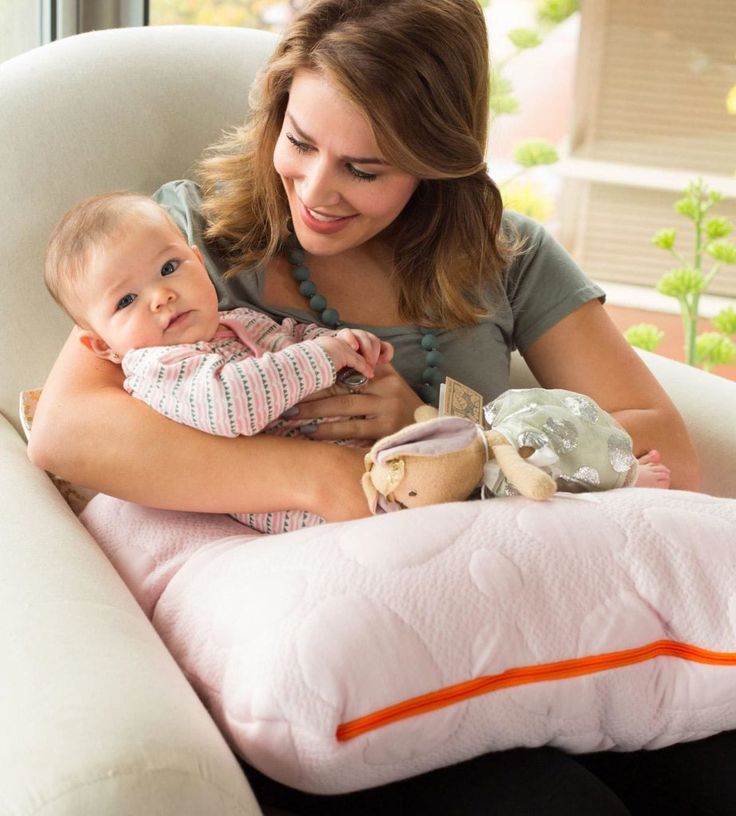 But remember that the use of any medication should be discussed with the pediatrician beforehand.
But remember that the use of any medication should be discussed with the pediatrician beforehand.
– If we are dealing with a spasm, dill water or some herbal preparations will come to the rescue. And excess gas formation is removed with simethicone preparations, says pediatrician Aelita Biryukova. - The mechanism of action is important: the first are given before feeding, and the second during or after.
Popular Questions and Answers
Although babies grunting is nothing new to doctors, for parents most expecting to hear grunts, these sounds may seem strange. Therefore, a lot of clarifying questions arise. Aelita Biryukova answers them.
Do “grandmother's” remedies help with colic: a warm heating pad on the stomach, stroking, herbal supplements?
Herbal supplements - yes. The main thing is to understand the cause of the pain and choose the right remedy at the right time. And a heating pad, a warm diaper, mother's breasts are, of course, one of the most ancient means of combating colic in a baby.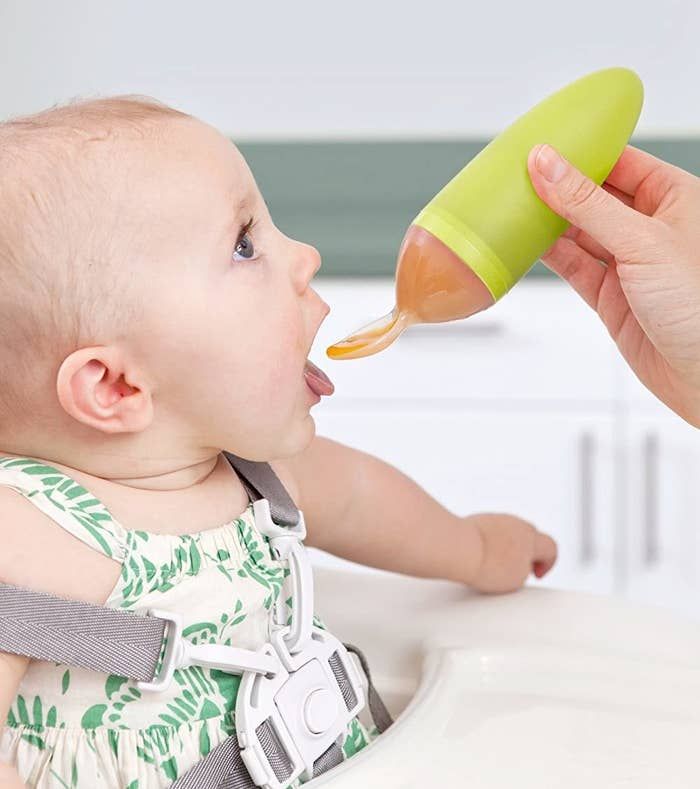
When is groaning a sign of danger to life and health?
If groaning or other sounds are accompanied by a change in the color of the skin: when the child turns pale or blue. And this is not about the nasolabial triangle - such a phenomenon can be in children with an immature nervous system. If we see a pronounced pallor or cyanosis, most likely, a critical situation is already taking place, it is urgent to call an ambulance.
There is also such a thing as "groaning breath" - when the child, on exhalation, seems to moan or howl or breathe with a whistle. In this case, there may be retraction of the intercostal spaces, jugular notch, hypochondrium or xiphoid process. Or flaring of the wings of the nose. This situation indicates respiratory failure, and in this case, you need to urgently call an ambulance.
In general, if parents have internal anxiety in the absence of obvious reasons for anxiety, this is a reason to consult a doctor. Most often, some little things that disturb adults can prompt an experienced doctor to seriously think about conducting some examinations in order to identify diseases.
Most often, some little things that disturb adults can prompt an experienced doctor to seriously think about conducting some examinations in order to identify diseases.
And if a newborn baby doesn't just grunt, but makes some unusual sounds, should you run to the doctor?
Parents are often frightened by such sounds. For example, when a child loudly draws in air. In fact, this is not always a reason to see a doctor. When the baby accidentally makes some new sound that he remembers, he begins to repeat it. This is a training of the articulatory apparatus, sound production, and there is nothing wrong with that.
Sources
- Neonatal reflexes and examination of newborns by a pediatric neurologist. V. M. Studenikin // Medical scientific and practical portal "Attending Doctor". URL: https://www.lvrach.ru/2020/01/15437473
- Constant grunting breathing after birth. G. M. Rocha et al. // National Center for Biotechnology Information.
